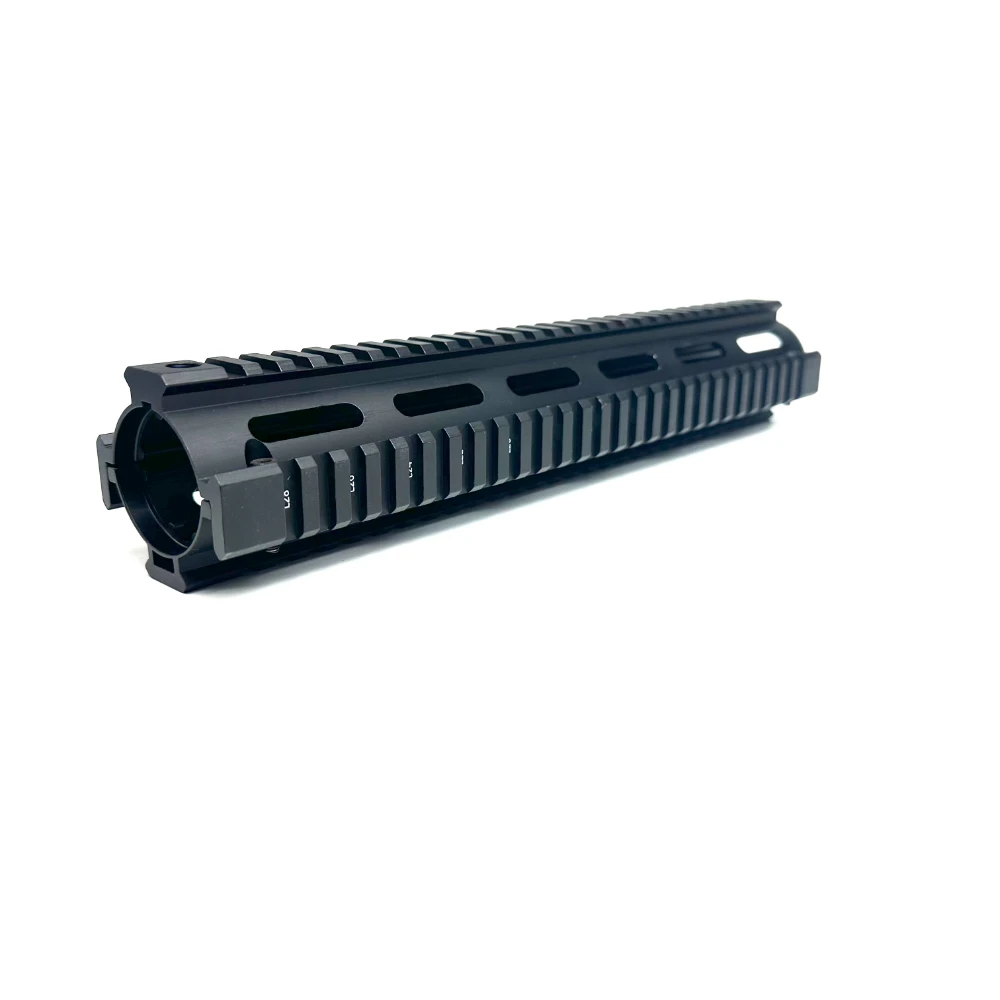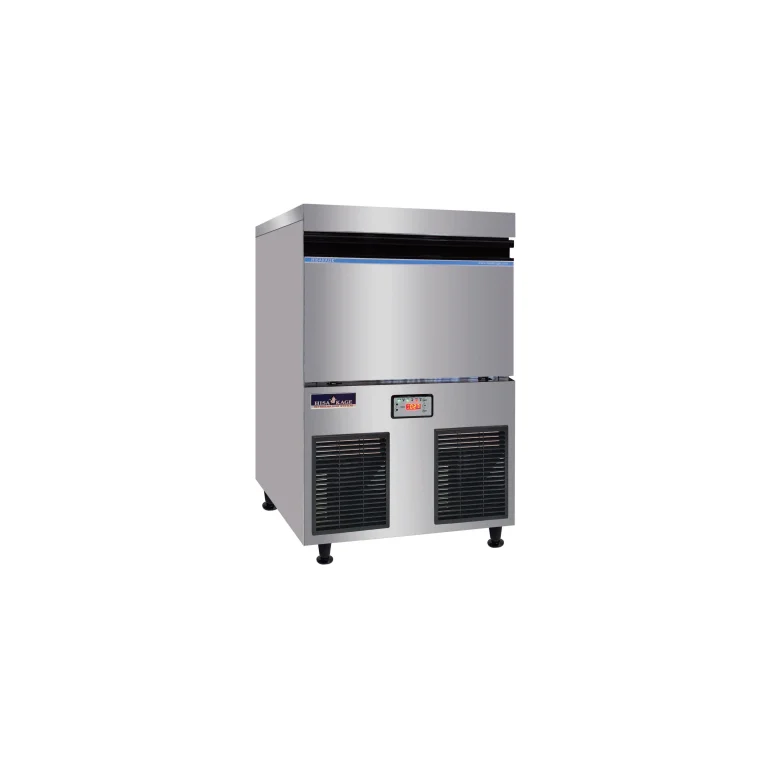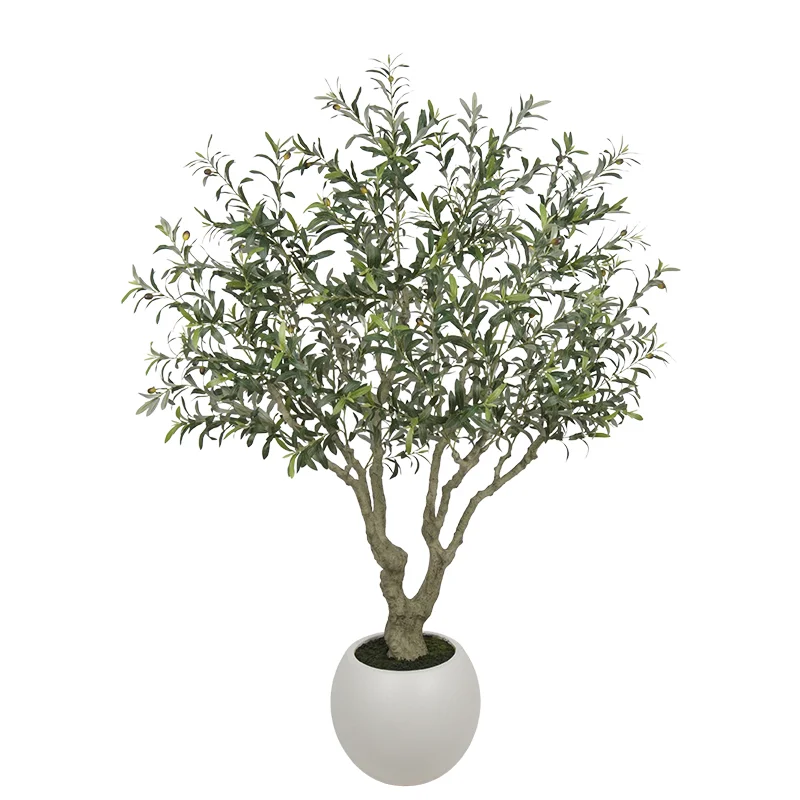A good night's sleep is essential for our overall well-being, and the mattress we sleep on plays a crucial role in achieving that. With numerous options available in the market, it can be overwhelming to choose the best mattress that suits your needs. In this comprehensive guide, we will explore the factors to consider and provide expert insights to help you make an informed decision.
- Understanding Different Mattress Types:
a) Innerspring Mattresses: These mattresses are constructed with steel coils and offer excellent support and durability. They are ideal for those who prefer a traditional bounce and firmness.
b) Memory Foam Mattresses: Memory foam mattresses contour to your body shape, providing exceptional pressure relief and support. They are perfect for individuals with joint or back pain.
c) Latex Mattresses: Made from natural or synthetic latex, these mattresses offer a responsive and bouncy feel. They are hypoallergenic and suitable for those with allergies.
d) Hybrid Mattresses: Combining the benefits of innerspring and foam mattresses, hybrid mattresses provide a balance of support, comfort, and motion isolation. - Considerations for Choosing the Right Mattress:
a) Sleeping Position: Different sleeping positions require varying levels of support. Side sleepers may benefit from a softer mattress, while back and stomach sleepers need firmer support.
b) Body Weight: Heavier individuals may require a firmer mattress to maintain proper spinal alignment, while lighter individuals may find softer mattresses more comfortable.
c) Firmness Level: The ideal firmness level is subjective and varies from person to person. It is crucial to test different mattresses and choose the one that feels most comfortable to you.
d) Motion Isolation: If you share your bed with a partner, consider a mattress with excellent motion isolation to minimize disturbances caused by movement during sleep. - Additional Factors to Consider:
a) Temperature Regulation: Look for mattresses with cooling properties, such as gel-infused memory foam or breathable materials, to prevent overheating during sleep.
b) Edge Support: A mattress with reinforced edges provides better stability and prevents sagging, allowing you to utilize the entire surface area.
c) Durability: Consider the mattress's lifespan and warranty to ensure long-term satisfaction with your purchase.
d) Allergies: Opt for hypoallergenic mattresses that repel dust mites and resist mold and mildew growth, especially if you have allergies or asthma.
Conclusion:
Choosing the best mattress for a restful sleep is a personal decision that depends on various factors such as sleeping position, body weight, and personal preferences. By understanding the different mattress types and considering essential factors, you can make an informed choice that aligns with your needs. Remember, investing in a high-quality mattress is an investment in your overall well-being and quality of life.








+ There are no comments
Add yours